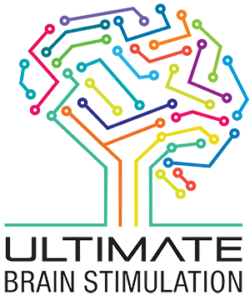
Counseling at Ultimate is a unique process. M-OS, the Mind Operating System of Metaprograms help in creating Self-awareness/ Self analysis in the individual with which he/she learns to identify others. With knowledge of the Self, one picks up the thread faster than simple counseling. One is trained to self-develop the solutions for one’s problems. One becomes self-sufficient to meet his needs rather than depend on others or the therapist.

Stress is a response to a challenge or demand, internal or external, real or imagined. It is ineffective or maladaptive mode of coping with the situation that gives rise to physical or mental symptoms commonly grouped as stress. Stress response at times may be positive as in marriage, child birth, going far away from home and family for employment or any constructive activities like buying a house or starting a new business or commonly negative
External Factors:
Internal Factors:
Physical Symptoms
Emotional Symptoms
Behavioral Symptoms:
Professional help
if stress becomes overwhelming. Seek help from a mental health professional who may opt for Neuromodulation, Neurofeedback and brain wave entrainment depending on the situation.
Exercise:
Healthy Diet:
Adequate Sleep:
Relaxation Techniques:
Time Management:
Social Support: